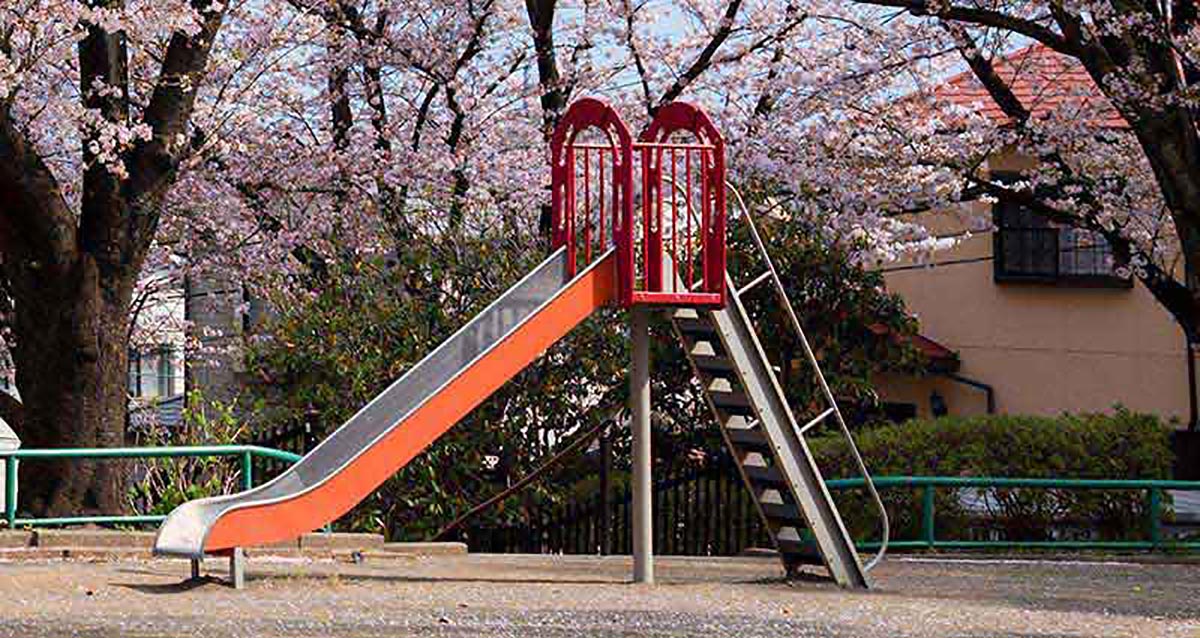Children of all ages experience an academic hiccup at least once in their lives. However, today’s children are living through something entirely new: the COVID Slide. The risks and impact of the virus on children aren’t yet widely known, but what is clear is that our children are suffering from poor learning environments from being in quarantine.
Of the various consequences stemming from the COVID-19 pandemic, the COVID Slide is probably the most prevalent. Many of our children could not finish last year’s lessons, leaving them with academic gaps as teachers scramble to fill in the blanks. Unfortunately, playing this game of catch-up, along with months of isolation from friends and family, has left children with problematic mental health issues and academic struggles. Grey Matters of Carmel wants to help! We provide neurofeedback therapy that can help your child refocus, and we also offer moral and emotional support for parents who are looking for answers. Here is how you can help your child if he or she is living through this unusual learning experience.
COVID Slide Explained
The slide effect is not new to education experts. A similar phenomenon known as the “Summer Slide” is still a heavily talked about subject. According to Georgetown Psychology, researchers from 1996 found that students tend to lose math and reading skills over the summer. It’s not uncommon for students to fail to retain what they’ve learned the previous year after spending a couple of months off. In 2015, the Northwest Evaluation Association estimated that 3rd to 5th graders lost an average of 20% of school gains in reading as well as 27% of gains in math. Losses are even more profound in the younger groups (K to 2nd grade).
Today, education experts are predicting that the COVID Slide is having a similar effect on our students. However, there are fears that this phenomenon could be worse. Students are constantly juggling virtual and in-person learning as government officials debate whether to keep schools open. There are also added stress factors, including fears of illness, wearing masks, being isolated from peers, and teacher shortages. According to the NWEA study from April 2020, students living through the pandemic may only retain about 70% of their learning. Of course, if your student has ADD/ADHD or other cognitive disabilities, these numbers could increase, leaving your child on a steeper decline as they struggle with the COVID Slide.
How You Can Help Your Child
Noticing the signs of the slide is the first step in helping your child. If you suspect that they are falling behind, you should take the necessary steps to mitigate their learning curve. However, it’s important not to panic, as most children will recover from the COVID Slide, meaning they’ll catch up in the years to come. Still, if your child is struggling with a particular subject or can’t seem to focus on their lessons, here are some ways you can help at home:
-
Read Every Day
Encouraging your child to read every day is a great way to ensure that they don’t fall behind from failing to use certain parts of their brains. Regardless of their age, you should have your child read aloud for at least 30 minutes every day.
-
Learn the Technology
If you have a student on virtual learning platforms, you might want to learn the technology yourself. Most parents struggle with understanding their child’s education, but better parenting starts with understanding how things work. Some children may not be able to navigate all the ins and outs of an assignment or platform, making it crucial that you know the technology so they don’t fall behind.
-
Create Strict Schedules
With everyone working and learning from home or juggling a split learning schedule, it’s crucial for structure and sanity purposes that everyone has an agenda. Sticking to a strict schedule will help your child stay focused on their schooling since it limits distractions and instills independence. When children know what’s coming, they can prepare themselves for the day’s work with little help from you.
-
Sign Up for Neurofeedback Therapy
Getting your child signed up for neurofeedback therapy will undoubtedly help them mitigate their learning struggles and inattention disorders. Not only can neurofeedback improve attention, but it can also help students who need a little extra push to achieve their academic goals. No matter your child’s age, it’s never too late to help them regain control over their brains and reach their full mental potential!
Schedule Your Sessions Today!
Grey Matters of Carmel understands just how challenging academics can be for children who have a mental disorder. We also know that this pandemic exacerbates these difficulties. If you fear that your child might suffer from the COVID Slide, then let’s get them back on the right track. Neurofeedback therapy is perfect for both parents and school-aged children. Contact us today to learn more!


